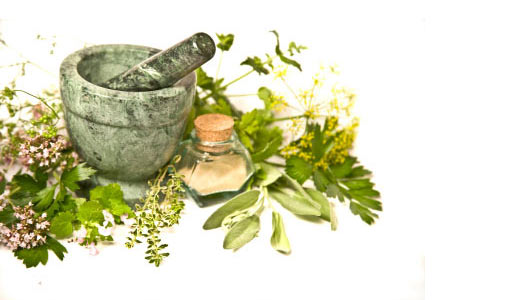
Herbal medicine predates written history. We used what Mother Nature offered. Along the way we learned which plants assisted us in our needs. Our bodies were pure, never having taken a synthetic pharmaceutical, eaten a Big Mac, or been polluted by fouled air. We had a symbiotic relationship with the world around us.
Although my personal history doesn’t quite go back that far, and I have eaten a Big Mac back in the day, I’ve discovered the power of herbal remedies to be extremely effective in modern times as well. I’ve incorporated herbs in my health journey for the past twenty-two years. When diagnosed with an autoimmune disorder at a young age, I looked into every aspect of treatment available.
I lived in a community of hard working people, including local contractors like plumber Hamilton ON and natural healing practitioners, many of them I would call my personal friends. I also had primo medical insurance coverage which made a specialist from every medical ilk available to me. I was taking advantage of both, and catering to the demands of my condition.
In early discoveries, I found that I didn’t respond well to the drug protocols the allopathic Doctors prescribed. Some of the medicine commonly recommended for the label they gave my condition made me very sick, and that just didn’t make sense to me. When bringing this up with one of the medical specialists I was seeing, and voiced my concerns, he fired me.
I received a letter in the mail two days after our conversation telling me to find another doctor. He did me more of a favor than he realized because at that point I went full bore into the alternative world of medicinal herbs.
My story isn’t that unusual. Unfortunately, traditional medicine isn’t too keen on the use of herbal remedies. Medical students are not taught about natural solutions to modern day ailments. In some ways, it’s not the students’ fault that the pharmaceutical companies have bought and sold many of the medical colleges around the world. Doctors are biased towards treating a symptom rather than a cause, and pills are pushed on the student as the end all answer – to the point where anything else is treated like heresy.
Don’t get me wrong, there is definitely room for modern medicine, but not to the exclusion of herbal medicine. Medical science is a gift, and has saved and prolonged and improved the quality of many lives. So why is the established medical hierarchy so threatened by alternative practices?
We each have so much we can learn from one another. This writer, coming from a cynical side, thinks it’s all dependent on the almighty dollar. Not to get on a soap box about this issue – or perhaps it’s too late for that, but the facts seem to point to the debilitating condition of greed.
In the United States, the American Medical Association (AMA) initially had good intentions. They wanted to standardize a level of care that encompassed everyone. They proposed regulations that controlled the medical boards and the quality of doctors. Established in 1847, they wanted to prevent “quacks” from practicing and therefore reducing unnecessary deaths due to malpractice.
What was determined a homespun medicine was soon alienated by scientists who imposed their biases on forms of treatments that didn’t come from laboratory settings. In their naivety they discounted and even abolished herbal remedies that were being successfully employed by the people for hundreds of years.
A resurgence in herbal medicine over the past thirty years has been a refreshing alternative to a one size fits all medical approach offered the mainstream. Little by little the old ways are reemerging and being considered as alternatives to chemical treatments.
Leave a Reply